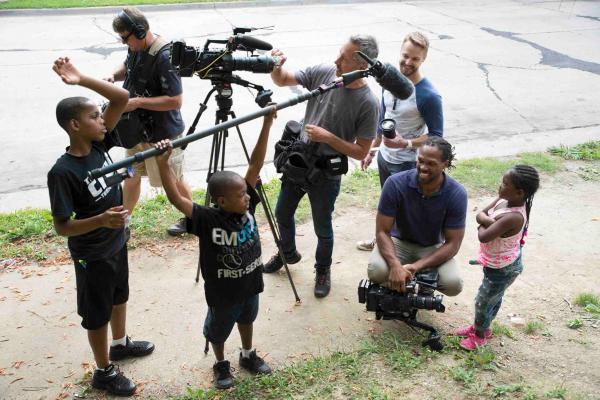Nov 23, 2016
This is a community serving time. When we only talk about the issues facing black men in society, we miss the people who are left behind — namely, black women: wives, and mothers, and their children who grow up without a father.
Read the Full Article

Already a subscriber? Login
